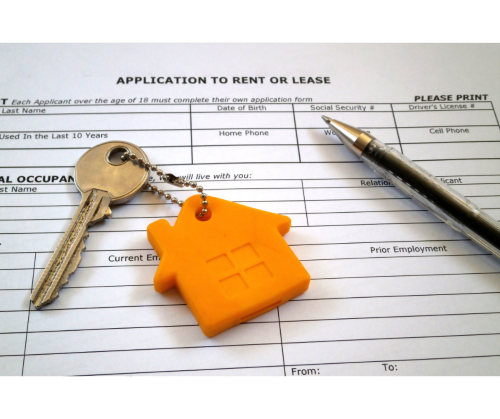 A condominium association in Florida is required by law to “use its best efforts to obtain and maintain adequate property insurance to protect the association, the association property, the common elements, and the condominium property, which must be insured by the association pursuant to this subsection.” §718.111(11), F.S. While condominium associations are required to use their best efforts to obtain adequate insurance, there is no such requirement to actually use said insurance, despite the intention of the legislature in having enacted Section 718.111(11).[1]
A condominium association in Florida is required by law to “use its best efforts to obtain and maintain adequate property insurance to protect the association, the association property, the common elements, and the condominium property, which must be insured by the association pursuant to this subsection.” §718.111(11), F.S. While condominium associations are required to use their best efforts to obtain adequate insurance, there is no such requirement to actually use said insurance, despite the intention of the legislature in having enacted Section 718.111(11).[1]
It is surprising how many condominium associations opt not to report insurance claims, typically in fear of raising their insurance premiums, a very real concern in Florida over the past few years. However, property insurers do not increase premiums based solely upon the number of claims a single insured reports. Continue reading “Client Alert: Pride and Prejudiced – When to Report Insurance Claims”







